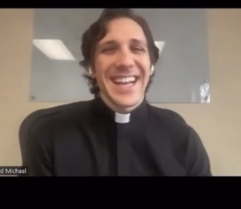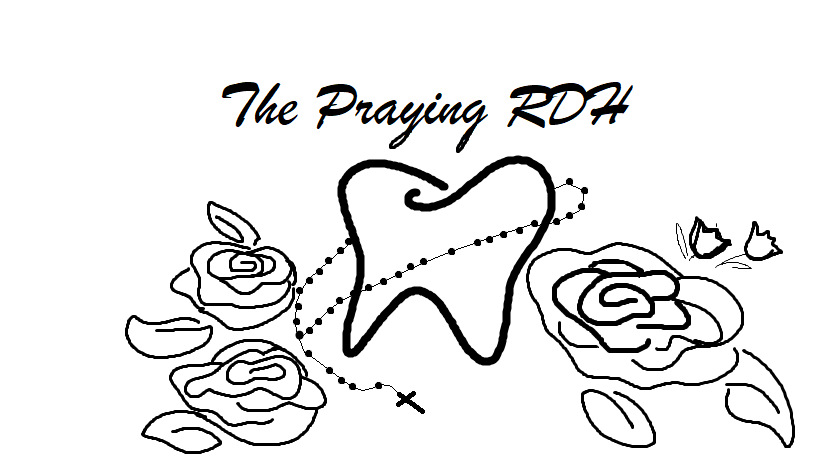What can we learn from one another?
ecumenist philosophy
ecumenism, movement or tendency toward worldwide Christian unity or cooperation. The term, of recent origin, emphasizes what is viewed as the universality of the Christian faith and unity among churches.
THAT THEY MAY BE ONE
An excerpt from the Encyclical UT UNUM SINT by John Paul II
These are extremely important texts for ecumenism. It is not that beyond the Catholic community there is an ecclesial vacuum. Many elements of great value (eximia), which in the Catholic Church are part of the fullness of the meaning of salvation and of the gifts of grace which make up the Church, are also found in the other Christian Communities.
14. All these elements bear within themselves a tendency towards unity, having their fullness in that unity. It is not a matter of addition together all the riches scattered throughout the various Christian Communities in order to arrive at a Church which God has in mind for the future. In accordance with the great Tradition, attested to by the Fathers of the East and of the West, the Catholic Church believes that in the Pentecost Event God has already manifested the Church in her eschatological reality, which he had prepared "from the time of Abel, the just one". 19 This reality is something already given. Consequently we are even now in the last times. The elements of this already-given Church exist, found in their fullness in the Catholic Church and without this fullness, in the other Communities, 20 where certain features of the Christian mystery have at times been more effectively emphasized. Ecumenism is directed precisely to making the partial communion existing between Christians grow towards full communion in truth and charity. (page 18-19)
19 Cf. SAINT GREGORY THE GREAT, Homilies on the Gospel, 19, 1: PL, 1154, quoted in SECOND VATICAN ECUMENICAL COUNCIL, Dogmatic Constitution on the Church Lumen Getium, 2.
20 Cf. SECOND VATICAN ECUMENTICAL COUNCIL, D Ecumenism Unitatis Redintegratio, 4.
Quick Click to Videos:








